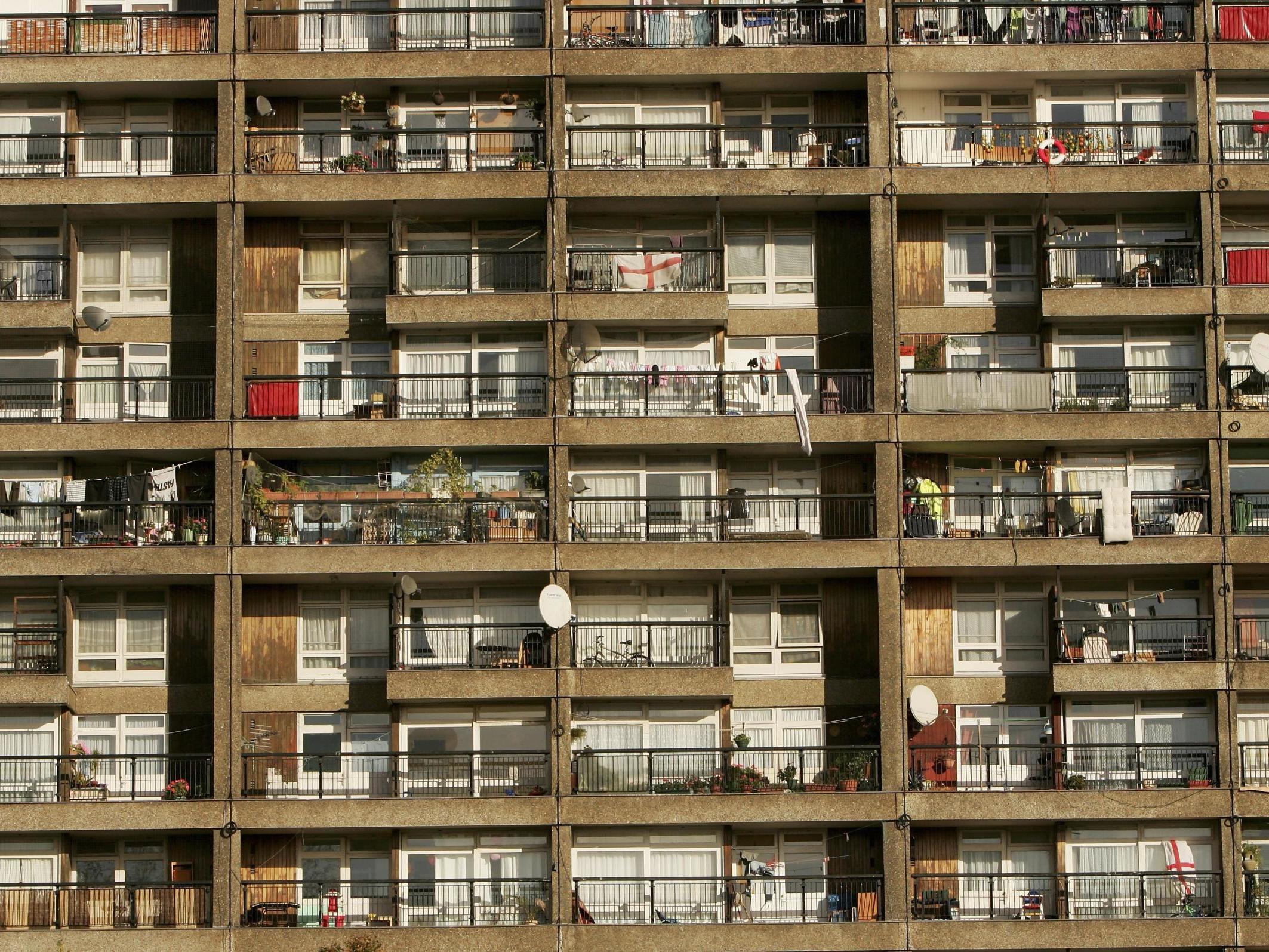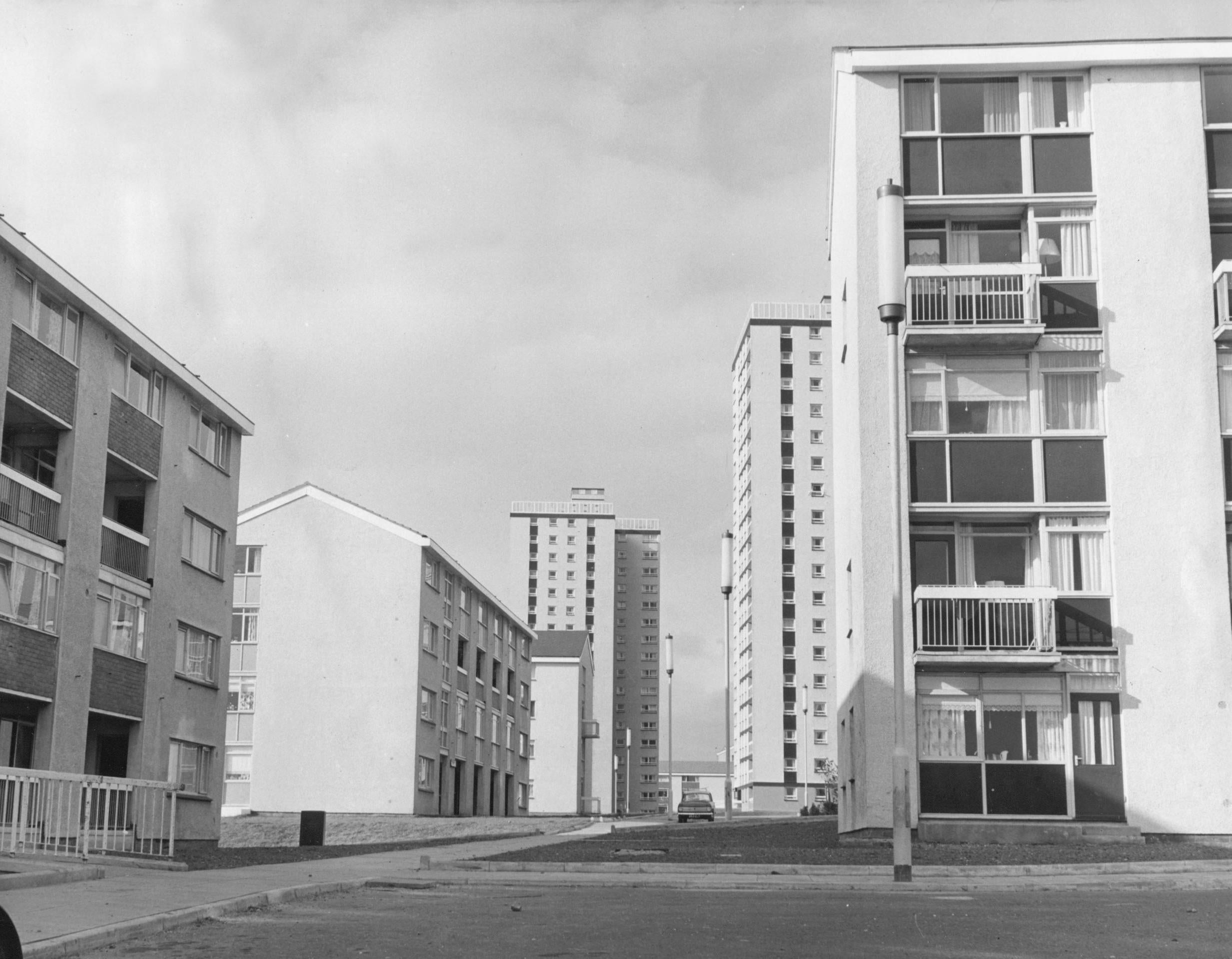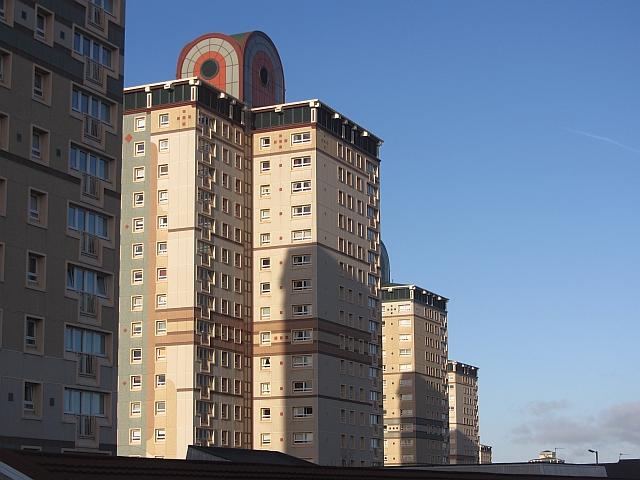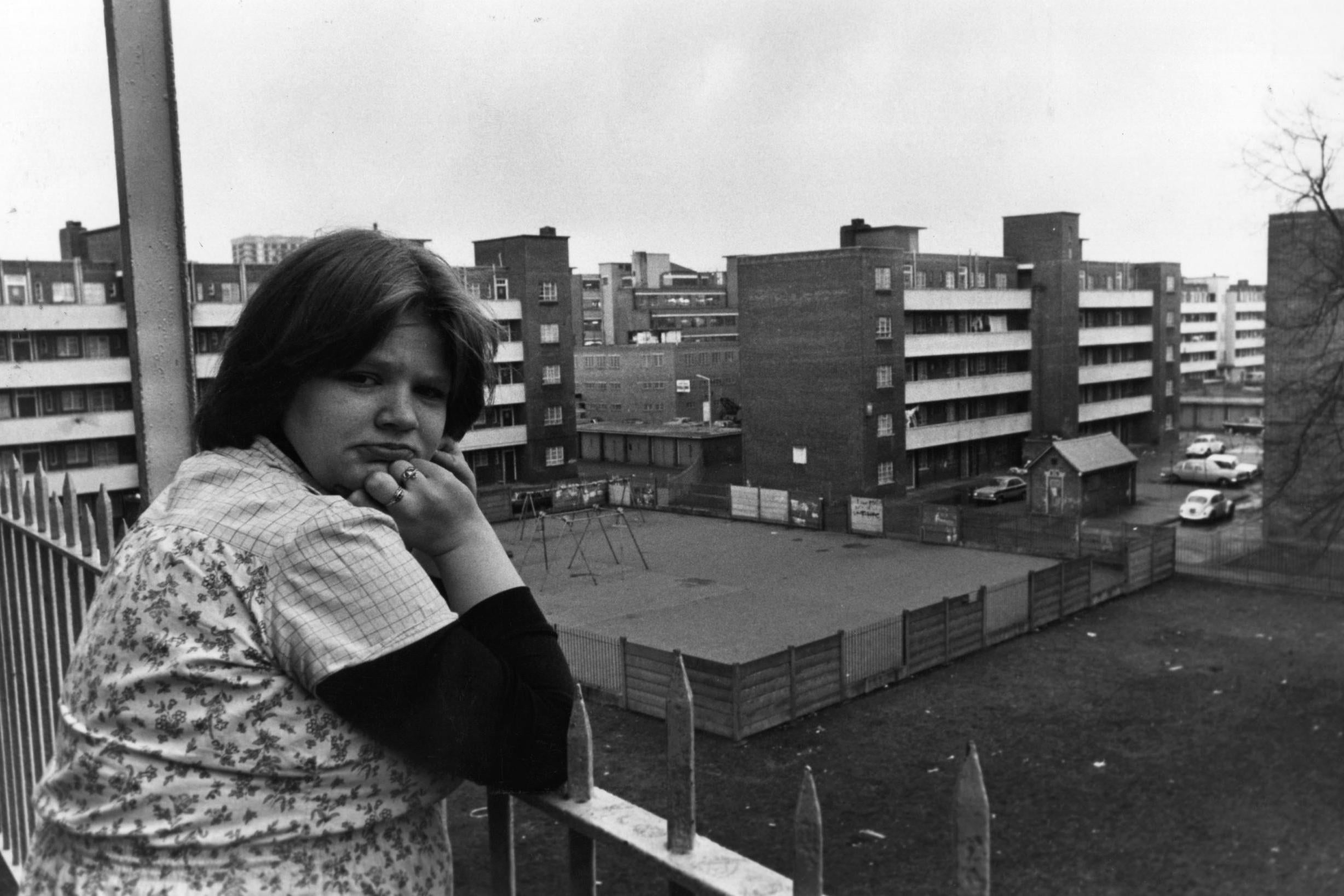The sinking of our estates
Cats, dogs, birds and frogs were subjected to ritual cruelty, preferably before screaming toddlers

Your support helps us to tell the story
From reproductive rights to climate change to Big Tech, The Independent is on the ground when the story is developing. Whether it's investigating the financials of Elon Musk's pro-Trump PAC or producing our latest documentary, 'The A Word', which shines a light on the American women fighting for reproductive rights, we know how important it is to parse out the facts from the messaging.
At such a critical moment in US history, we need reporters on the ground. Your donation allows us to keep sending journalists to speak to both sides of the story.
The Independent is trusted by Americans across the entire political spectrum. And unlike many other quality news outlets, we choose not to lock Americans out of our reporting and analysis with paywalls. We believe quality journalism should be available to everyone, paid for by those who can afford it.
Your support makes all the difference.A COUPLE of years ago, my brother and I indulged in an odd and nostalgic adventure. We found a way into the derelict "maisonette" blocks that our family had moved to when I was three (and that he'd been born and bred in) and paid a visit to the flat in which we'd spent most of our childhood.
Our building, and the others around it, were empty, awaiting remodelling and recladding. Muirhouse, Motherwell, is just one of the thousands of "schemes" - as council housing estates are called in Scotland - that are being regenerated in a bid to rid them of the myriad social blights that have dogged them almost from the moment they became occupied.
I stood looking out of the window with its view of the whole of the Clyde valley and found that I could remember the day we'd moved in, rehoused when my parents' tenement flat was bought by the council under a compulsory purchase order. This new place was light and airy, absolutely the definition of modern. We now had our own bathroom instead of a shared one. There was no coal fire, but something exotic called under-floor heating.

Everything sparkled with whiteness and cleanliness. It was all brand, spanking new - maisonettes and towers clustered together on the brow of a hill. We could see for miles. But we couldn't see what the future held. We could never have guessed how quickly this little Utopia, and thousands like it, would become that dread thing, a sink estate. My brother and I still can't believe that such a terrible dehumanisation had happened around us as we played out our childhood, safe in the flat with the beautiful view.
In a study published this week by the Oxford Psychologists Press there is more bad news for council tenants. The study, which examined the intelligence and achievements of 2,000 people, found that highly intelligent people who live in council housing get lower pay, fewer holidays and less promotion than owner-occupiers of similar intelligence. They are also less likely to complete full-time education. The authors Dr Mark Cook, a psychology lecturer at the University of Wales and Robert McHenry, an occupational psychologist, found that "prejudices are a valid factor. Intelligent people who live in public housing seem to be caught up in some trap of under-achievement. They're being judged by where they live."
That academia has taken so long to find concrete statistics to support such a self-evident truth makes it more amazing that my mother sussed all this out by the beginning of the Seventies. After we'd lived only a couple of years in our new scheme, the cracks were beginning to show. It wasn't so much in the buildings themselves, but in the kind of community that was coalescing around them.

All the new trees that had been planted around the scheme had been trampled down by marauding children. When the trees were gone they started on animals. Cats, dogs, birds and frogs were subjected to ritual cruelty, preferably in front of a screaming audience of toddlers. Chip-pans were always being launched from balconies in balls of fire. Tenants, too, would launch themselves from windows occasionally, and in Glencairn Tower, the huge block in town, it seemed that someone leapt from the building every week.
My mum was certain that this family, for one, had to get out of this scheme or else it would ruin us. There were plenty of other people who agreed with her. Over the years of searching for a new home, my mother met hundreds of people who were unhappy with their council accommodation and keen to tackle the problems they saw, if only the council would help them make an investment in the community. But the council wouldn't. Instead, its rules became Draconian and its involvement became minimal.
Early on, a few people had been rehoused after getting lines from their doctors about their nerves. But so many tenants had cottoned on to this that the strategy quickly stopped working. We were told that we didn't have enough "points" and that unless we could get a "swap" we had to stay until my brother and I were deemed too old to share a room together.

But already the scheme had a bad reputation and the only people who wanted a swap were those worse off than us. We saw places overrun with mice, flats in corridors that smelled of urine, flats with excrement smeared on the walls. And there was worse to come. When we finally got our points, we would be offered three alternative homes. We had to accept the third one, no matter what.
At that point my mother really became a warrior. There were still some good council houses around. The thing to do was to find them before someone on the council put in a word for their auntie - which happened, blatantly, all the time. Every evening she would pound the streets looking for empty houses, or places where there were signs that people were moving out. And every day, she'd go down to the housing office with a list of places that seemed to her to be empty. Eventually they gave in, and we got a new house with three bedrooms and a back and front garden. That house, like most of the others in that estate, is owner/ occupied now and my mother's strategy for housing her family decently is no longer a realistic prospect for anyone.
Meanwhile Muirhouse is being "regenerated", as are about 4,000 other sink estates in Britain. Today, it looks staggeringly ugly. While the original towers really did have a clean, bright, modernist beauty - and could have been kept that way with dedicated maintenance and regular licks of paint - they have now been clad alternately in pink and turquoise versions of something cheap and stripy. The maisonettes have been turned into hybrid terraced houses, but the gardens are tiny and invite unwelcome visitors from the public space in which they are marooned. Other blocks still stand empty and derelict, for the regeneration work is years behind schedule and by the time the scheme is finished they'll have to start again. The people who are trying again to colonise this blighted hill can be in no doubt as to why their address is a stigma, for the evidence is all around them still.

Across Britain, the people of just 17 council estates like this one will see the places they have tried - and failed - to live well in, razed to the ground. The rest will be regenerated by the same organisations that built them to let them rot in the first place. All the Social Exclusion Units in the world can't make councils good at running housing initiatives. And they can't stop the kind of social exclusion that starts with a glance at the address on the top of your job application form.
The truth is that councils that weren't any good at providing housing in the first place have been left with just a rump of particularly difficult housing to service. The councils responsible for building failed estates should not be responsible for rebuilding them. Public housing must be put into the hands of dedicated organisations. Housing associations have again and again proved themselves to be more flexible, imaginative and sympathetic towards the community than councils seem able to be. These are the organisations that should be planning a future for public housing. Council housing is discredited, its tenants are discriminated against, and the same mistakes that we saw 30 years ago are being repeated. Let's start again. There are plenty of intelligent council tenants who would be only too happy to let housing associations know what they really need.
Join our commenting forum
Join thought-provoking conversations, follow other Independent readers and see their replies
Comments